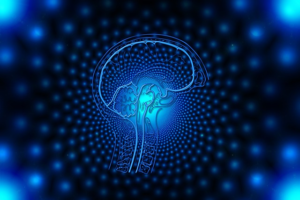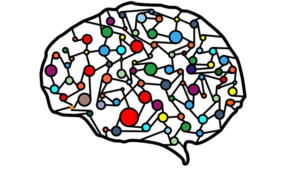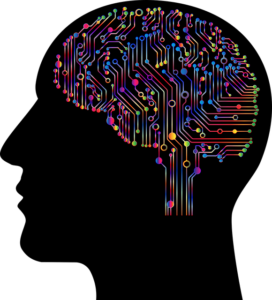Update on Artificial Intelligence: USPTO Urges Federal Circuit to Affirm Decision That AI Cannot Qualify as an “Inventor” – JD Supra
In three previous blog posts, we have discussed recent inventorship issues surrounding Artificial Intelligence (“AI”) and its implications for life sciences innovations – focusing specifically on scientist Stephen Thaler’s attempt to obtain a patent for an invention created by his AI system called DABUS (“Device for Autonomus Bootstrapping of Unified Sentence). Most recently, we con…….

In three previous blog posts, we have discussed recent inventorship issues surrounding Artificial Intelligence (“AI”) and its implications for life sciences innovations – focusing specifically on scientist Stephen Thaler’s attempt to obtain a patent for an invention created by his AI system called DABUS (“Device for Autonomus Bootstrapping of Unified Sentence). Most recently, we considered Thaler’s appeal of the September 3, 2021 decision out of the Eastern District of Virginia, which ruled that under the Patent Act, an AI machine cannot qualify as an “inventor.” Continuing this series, we now consider the USPTO’s recently filed opposition to Thaler’s appeal.
In its opposition brief, the USPTO argued that under the “plain language Congress chose to incorporate in the Patent Act,” only a human being can be considered an “inventor.” The USPTO first noted that the definitions of “inventor” and “joint inventor” under the Patent Act both unequivocally refer only to an “individual” or “individuals.” For example, “inventor” is defined under the Act as “the individual or, if a joint invention, the individuals collectively who invented or discovered the subject matter of the invention.”
While the Patent Act does not explicitly define the term “individual,” the USPTO argued that in other instances where the term is not explicitly defined, courts have interpreted Congress’s use of the term “individual” in a given statute as denoting a “human being,” as opposed to other things. The USPTO provided the example of Mohamad v. Palestinian Auth., a 2012 case in which the Supreme Court evaluated whether Congress’s use of the term “individual in the Torture Victim Protection Act (“TVPA”) could be construed to include an “organization.” There, the Court quoted from several well-known dictionaries and considered the use of the term in “everyday parlance,” to determine that the ordinary meaning of the term “individual” refers only to a human being or natural person. The Court in Mohamad also referred to the Dictionary Act, 1 U.S.C. § 1, which provides that the legislative use of the term “individual” denotes something separate and apart from non-human beings.
The USPTO argued that the Supreme Court’s analysis in Mohamad is equally applicable to the Patent Act as it is to the TVPA. For example, the term “individual” is used in the Patent Act as a noun, just as it is in the TVPA. And, according to the USPTO, just as the Mohamad Court recognized “no one…refers in normal parlance to an organization as an ‘individual,’” it is equally true that “no one… refers in normal parlance” to a machine or collection of source code as an “individual.” Further, the USPTO pointed out that the Dictionary Act applies not only to the TVPA, but to all congressional enactments – including the Patent Act.
Though the Supreme Court’s opinion in Mohamad acknowledges that Congress is free to give the term “individual” a “broader or different meaning,” such “broader” construction by a court requires some affirmative “indication [that Congress] intended such a result.” Here, the USPTO argues that Thaler has never pointed to any textual evidence that Congress intended a broader meaning for the term. The USPTO argues that Thaler has only put forth non-textual policy arguments. For example, Thaler argues that denying inventorship to AI would place the United States behind “other countries [that] are promoting the progress of science,” and would amount to “adopt[ing] luddism.” However, according to the USPTO, these policy considerations cannot overcome the plain meaning of the text.
We will continue to monitor this appeal, as it has important implications for life sciences companies employing AI technologies, particularly given the low probability that Congress will act on this issue in the short term.
[View source.]
Source: https://www.jdsupra.com/legalnews/update-on-artificial-intelligence-uspto-7205748/







